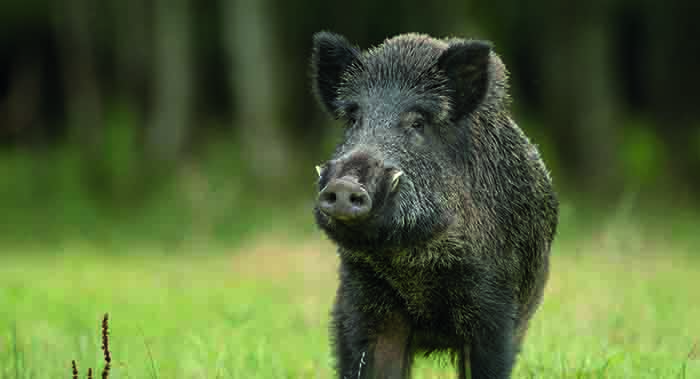Defra’s most recent outbreak assessment reported that African swine fever (ASF) has continued to be prevalent across Europe in 2019.
The domestic pig herd has continued to be unaffected in most Western European nations, despite outbreaks of ASF in wild boar across Belgium. In contrast, some Eastern European countries had a surge in reported cases of ASF in their domestic herds, particularly Romania.
Belgium’s first recorded case of ASF was back in September 2018. Since then, there have been over 800 recorded cases of ASF in wild boar in Belgium, generally all confined to the same area in Southern Belgium. The number of reported outbreaks has been decreasing rapidly with only one new case of ASF in August in Belgium.
Belgium has culled around 5,200 pigs from its domestic pig herd in infected zones as a preventative measure. Belgium still has ASF-free status for both its domestic pig herd and for wild pigs in captivity. The culling policy has helped achieve this reduction and helped Belgium remain ASF free within the domestic herd.
France is currently free of ASF, However, due to its proximity with Belgium it remains at risk. A fence has been built to stop infected wild boar entering France and Luxemburg from Belgium. The five largest European pig producing nations Spain, Germany, France, Denmark and the Netherlands are all currently ASF free.
In terms of production, the EU short term outlook suggested that some countries will reduce pig numbers in order to reduce the ASF risk. In contrast, Spain has been increasing supply to keep up with the demand for pig meat products in Asia that ASF created.
Charlie Reeve, a trainee analyst at AHDB, said: “At present, ASF entering the UK through contaminated pork is classed as a medium risk by Defra.
“Currently, the UK pig industry is acting proactively to reduce this risk. Posters in airports to discourage passengers bringing pork into the UK, and campaigns such as #MuckFree Truck by the NPA encourage best practice to reduce spreading the disease if it were to enter the UK.”




